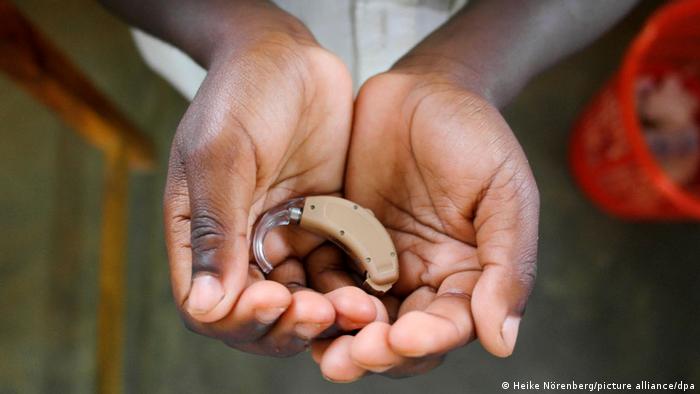ON average, most people visit the toilet around six or seven times a day – although everyone’s a bit different.
Even going to pee during the night, which, despite being very annoying, is actually very normal, experts say.
But Mr Petr Holy, consultant urological surgeon at Men̢۪s Health Clinic, Kingston said that needing to pee more than ten times a day is worth seeing an expert about.
“The body produces urine as a way of expelling toxins and waste and it is one of the most important functions,”; he explained.
“Any more than ten could be a sign that something isn’t quite right as a range of illnesses can cause us to pee more often than usual,”; he added. These include...
1. Diabetes
“When there’s too much sugar in the blood, our kidneys are forced to work even harder to filter and absorb the glucose and excrete it as urine,”; Mr Holy explained.
When someone who consumes a lot of sugar and has to pee a lot, this can be a warning sign of type 2 diabetes.
“The presence of the glucose may also create a sweet smell in the urine,”; he added.
2. Stroke
A strokeoccurs when a blood vessel carrying oxygen to the brain is either blocked or bursts and it can create problems with our central nervous system.
“Nerves linked to the bladder can be affected and as a result we might need to pee more often, or lose the ability to hold it in our bladders,”; Mr Holy said.
3. Enlarged prostate
Most men experience an enlarged prostate– a gland found near a man’s bladder – as they grow older, and is most common in men aged above 50.
“This can place extra pressure on the bladder and the urethra and cause an increased frequency of urination as well as greater difficulty in passing urine,”; he said.
4. Bladder cancer
“The bladder is a vital part of the urination process and a tumourin it can affect how we pee,”; Mr Holy said.
We may need to urinate more often than usual, we may feel pain while doing so and it might also create the feeling of needing to pee even when the bladder isn̢۪t full.
5. Sexually transmitted infections
Chlamydiaand gonorrheaare among the most commonly diagnosed sexually transmitted infections (STIs) in the UK and both are linked to increased urination.
“STIs might also create a burning sensation when we pee, make the urine more cloudy in appearance, or create a strong smell,”; Mr Holy explained.
6. Urinary tract infections
Urinary tract infections (UTIs) are often caused when bacteria enters the urethra and creates inflammation.
“This can lead to more frequent urination as well as a burning sensation or even the appearance of blood in the urine,”; he added.
7. Pregnancy
It makes sense that as the baby grows, it places more pressure on the mother̢۪s bladder and causes more frequent urination.
However, an increase in frequency of urination can appear in the very early stages before the woman knows she̢۪s pregnant.
“This is caused by an increase of the hormones progesterone and human chorionic gonadotropin,”; the doctor said.
8. Drinking too much caffeine
Cups of tea and coffeeare a treasured part of our culture in the UK, but too many can create problems in the bathroom.
“Caffeine acts as a diuretic and leads to an increase in the excretion of water through urine,”; Mr Holy explained.



